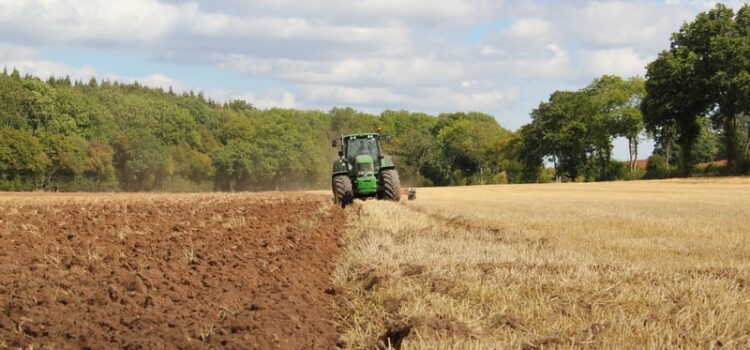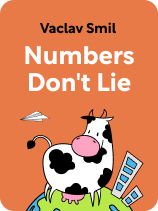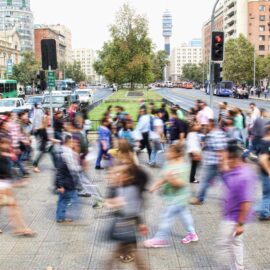

This article is an excerpt from the Shortform book guide to "Numbers Don't Lie" by Vaclav Smil. Shortform has the world's best summaries and analyses of books you should be reading.
Like this article? Sign up for a free trial here.
What role does nitrogen play in crop production? How do nitrogen fertilizers harm the environment?
Crops need nitrogen, and the ways farmers supplied nitrogen to crops (e.g. recycling organic materials) are no longer adequate as the global population rises. To provide nitrogen to crops, we synthesize almost 150 million tons of ammonium a year to make fertilizers, a process that’s environmentally harmful.
Keep reading to learn about the environmental impact of nitrogen fertilizers.
Nitrogen Fertilizers Are Harmful
According to Vaclav Smil, the author of Numbers Don’t Lie, the use of synthetic nitrogen fertilizers impacts the environment in two major ways: It adds to greenhouse gas emissions, and it causes nitrogen to be removed from the soil.
1. Nitrogen Fertilizers Emit Greenhouse Gases
Though carbon dioxide contributes the most to the heating of the Earth, Smil points out that the next largest contributors are methane and nitrous oxide. The production and use of nitrogenous fertilizers add all three of these gases to the atmosphere. The synthesis of ammonia requires a lot of energy, usually provided by the burning of coal, which emits carbon dioxide, or natural gas, which in turn emits methane. The use of fertilizers also adds nitrous oxide to the atmosphere. Altogether, synthetic nitrogen fertilizers are estimated to account for about 1% of global greenhouse gas emissions.
(Shortform note: A 2014 study examined the environmental impact of nitrogen fertilizers and found that nitrous oxide emissions could be significantly reduced by simply using the correct amount of fertilizer. According to the study, agriculture accounts for 8 to 14% of global greenhouse gas emissions, and around 80% of nitrous oxide emissions. These numbers could be drastically reduced by limiting the over-fertilization of crops, as using the exact right amount of fertilizer has shown a sharp decrease in nitrous oxide emission.)
2. Nitrogen Fertilizers Lead to Nitrogen Loss
According to Smil, nitrogen fertilizers also contribute greatly to nitrogen loss, which affects crop yields and makes us more dependent on synthetic nitrogen. Nitrogen loss happens when the nitrogen naturally found within the soil decreases. As more and more nitrogen is removed from the soil, crop yields become smaller, which could lead to widespread hunger and famine. Because of this, farmers will have to increase their use of synthetic nitrogen fertilizers, further adding to the problem.
To avoid this vicious cycle, we must find a way to reduce the use of nitrogen fertilizers, whether through increased fertilizer efficiency or a more sustainable, natural supply of nitrogen.
(Shortform note: One of the main ways nitrogen leaves soil is through leaching: when nitrogen leaves the soil through drainage water, usually rainwater or irrigation. A 2022 study provided three ways to prevent nitrogen loss caused by leaching. First, farmers can mitigate drainage by carefully managing the amount of irrigation when there is heavy rain. Second, farmers should avoid overfertilizing so that more nitrate isn’t lost to drainage. Third, farmers can plant “cover crops” during times when no cash crop is growing. Rye, for example, can be grown in the winter and helps soak up some of the nitrogen that’s normally washed away during this time.)

———End of Preview———
Like what you just read? Read the rest of the world's best book summary and analysis of Vaclav Smil's "Numbers Don't Lie" at Shortform.
Here's what you'll find in our full Numbers Don't Lie summary:
- How you can understand the world by understanding numbers and statistics
- Why the infant mortality rate is a better indicator of standard of living than GDP per capita
- Why nuclear energy is not the answer to sustainability






